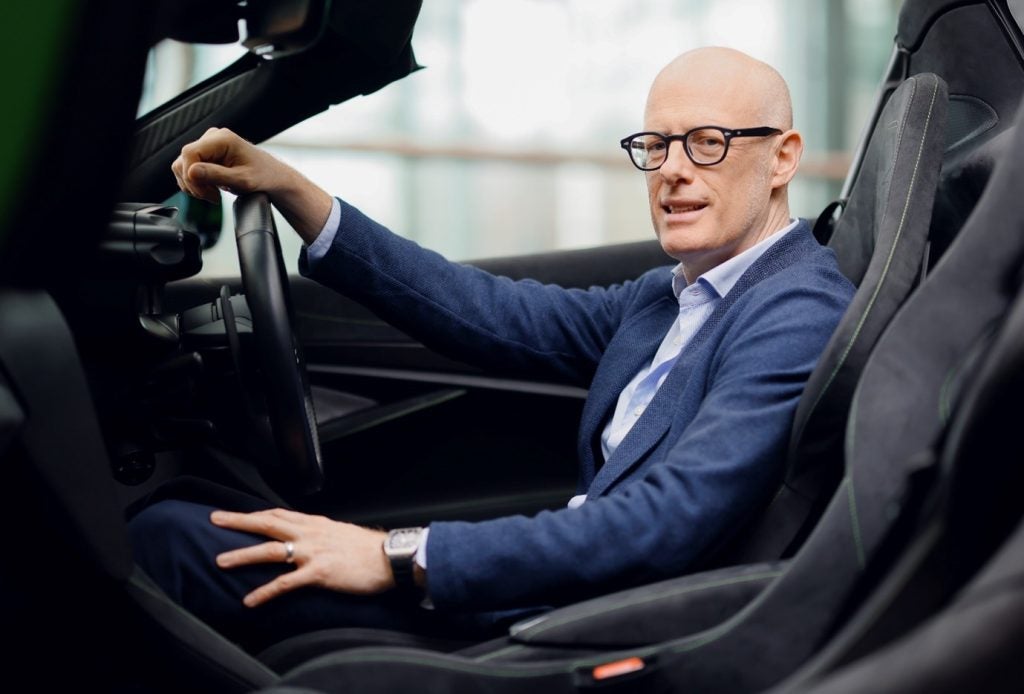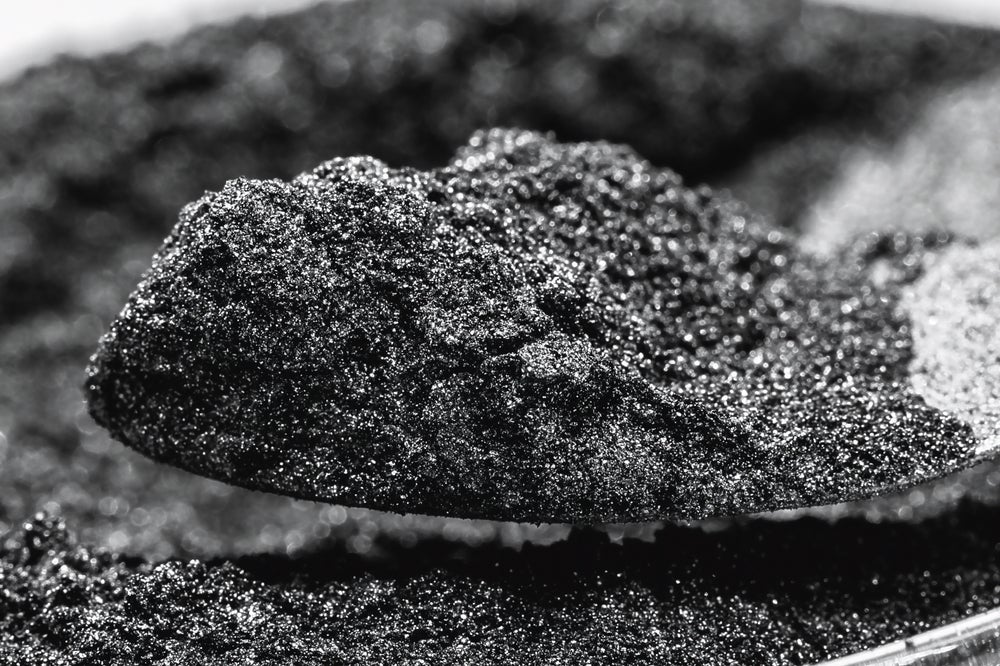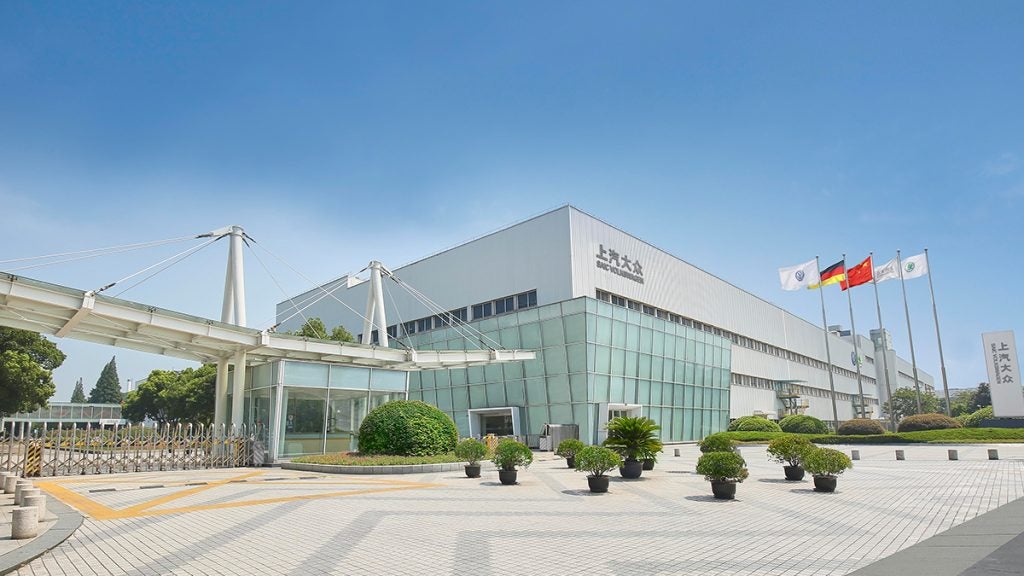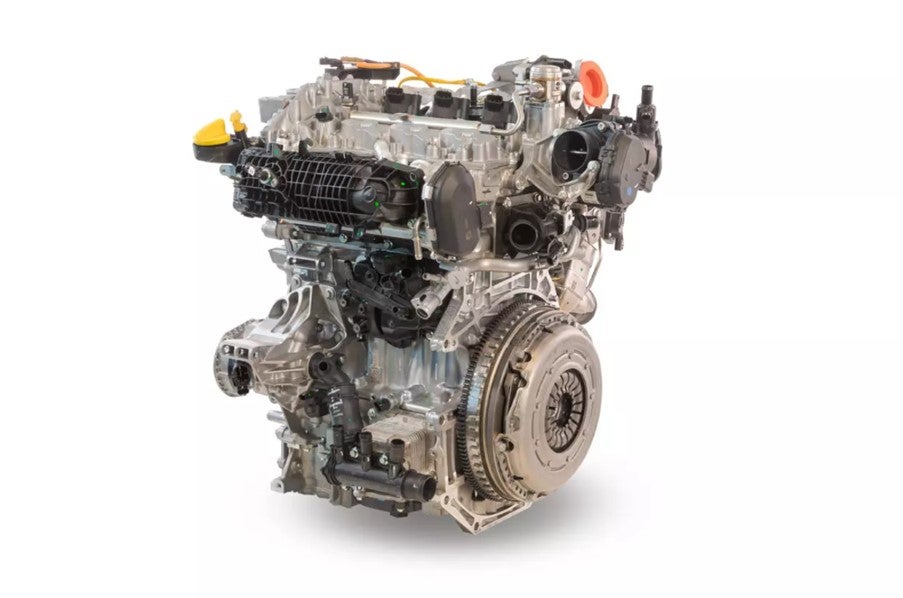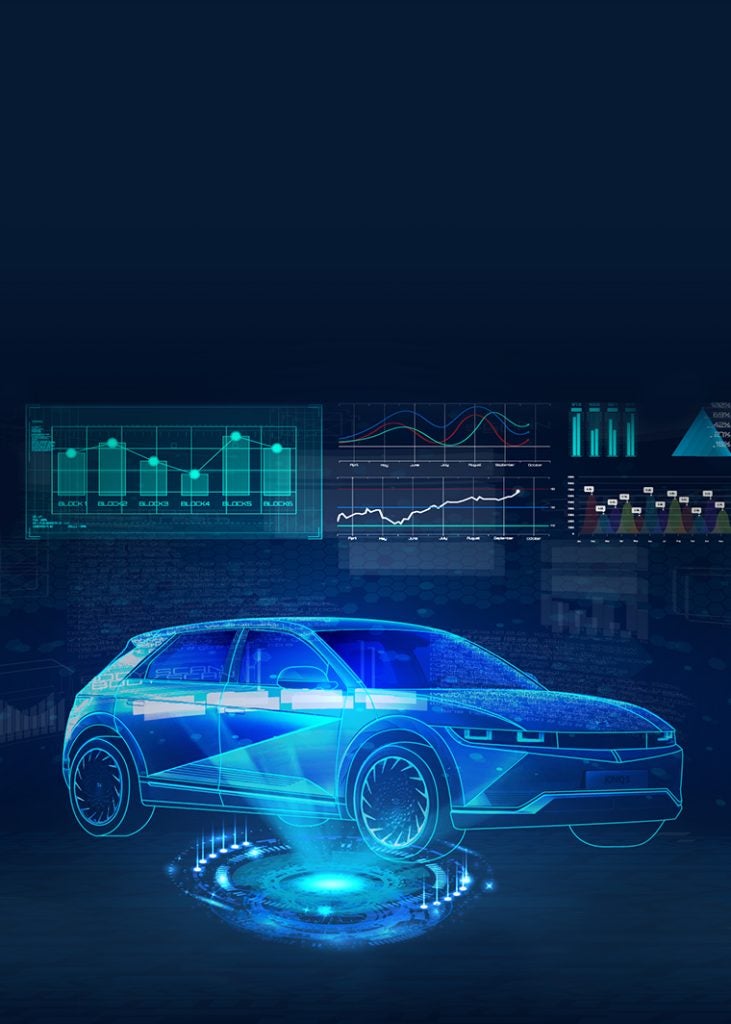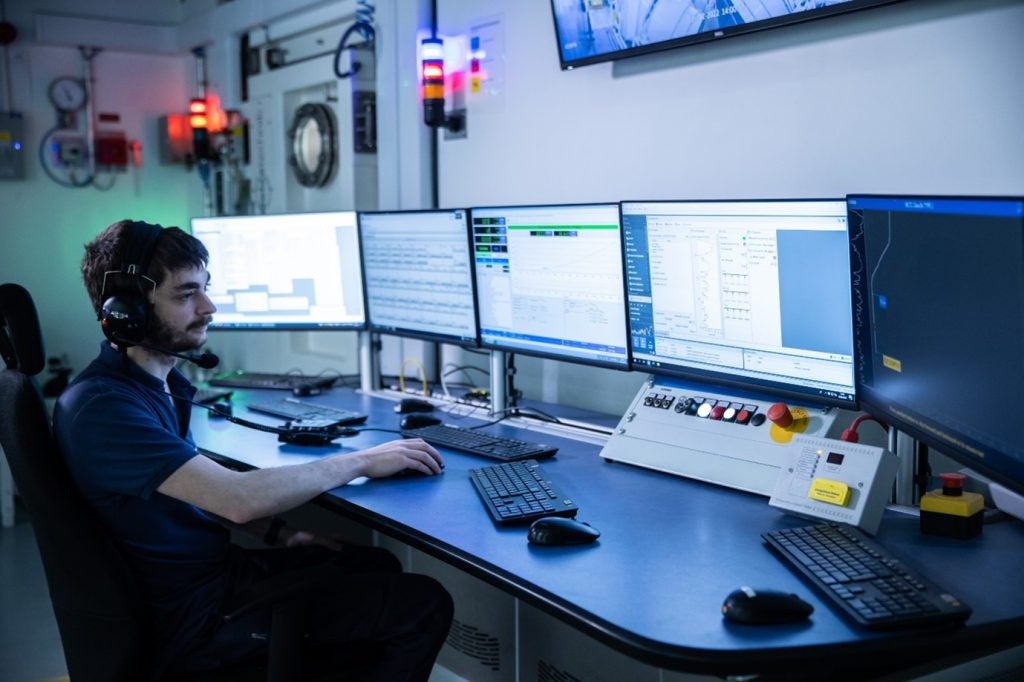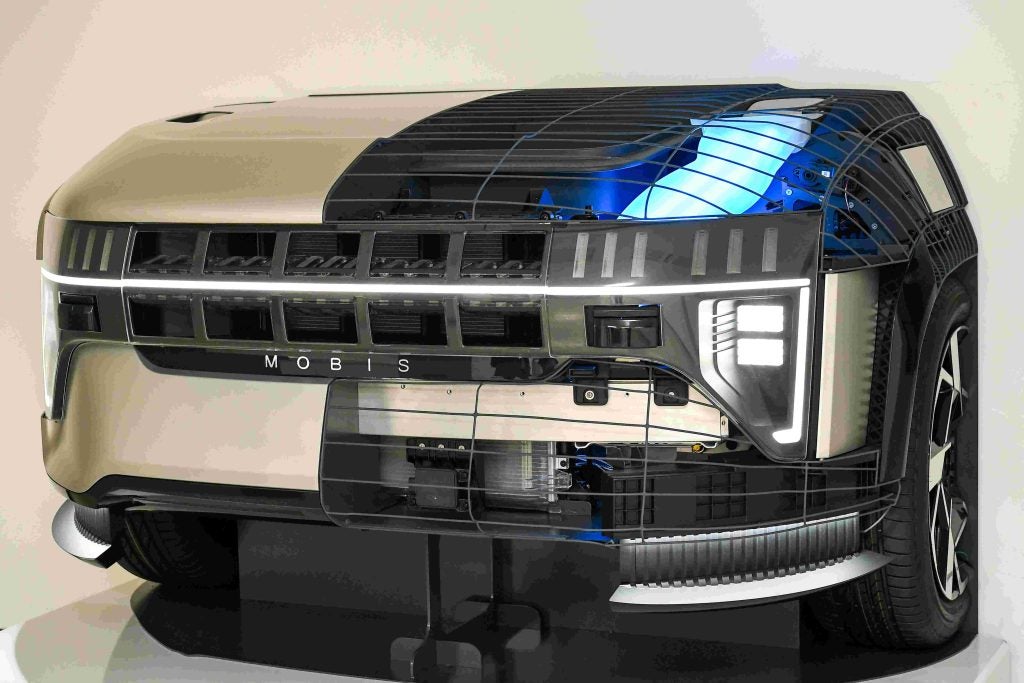In a guest opinion piece, we heard from Scott Brown, the CEO of Nexeon, a battery start-up making big claims about new materials for anodes. There’s no doubt that the global automotive market is trending towards electric – with increasing consumer adoption and charging infrastructure implementation. In fact, around 1.6 million EVs were sold in the U.S. in 2023 — increasing 60% from 1 million sold in 2022. As consumers demand better mileage and cost efficiency out of their vehicles – with 77% of consumers citing saving money on fuel as the top reason they’d consider purchasing an electric vehicle – automotive manufacturers are striving to integrate the most efficient, durable and compact battery available to stay ahead of the competition. The answer to these demands isn’t in traditional lithium-ion batteries with graphite anodes, it’s in silicon-based anodes – delivering increased energy density in a smaller, more compact battery. Battery cell and automotive OEMs (original equipment manufacturers) are increasingly looking towards implementing Gen 2 silicon-anode technology – to solve some of the historical challenges associated with silicon battery production and materials. Gen 2 silicon-anode technology enables dramatically higher energy density, while mitigating silicon expansion.
Inclusive mobility
With sustainable mobility remaining front and centre of automakers’ goals in the lead up to 2030, there is another crucial aspect of the green transition that can be overlooked: access to mobility and social inclusion. Just Auto interviewed Mike Bowers, chief sustainability officer at Inchcape, a leading independent global automotive distributor with a presence in over 40 markets worldwide. Bowers lent his insight into the importance of having local expertise to help guide Inchcape’s OEM and brand partners in smaller and more complex markets, and how bringing mobility to the world’s communities enables better social inclusion and education opportunities.
China rethink call
The European Union’s (EU) decision earlier this month to hike import tariffs on Chinese made battery electric vehicles (BEVs) by up to 38% has rattled the Chinese automotive industry, both domestic manufacturers and foreign joint ventures, with many companies calling for retaliatory duties to be imposed on European imports. A meeting was hosted in Beijing last week by China’s Ministry of Commerce to discuss the EU’s decision with the country’s leading domestic automakers which is understood to have included SAIC Motor, BAIC Group and BYD Auto as well as with representatives of foreign automakers such as BMW and Volkswagen. The higher EU import tariffs are scheduled to go into effect on 5 July, after the European Commission (EC) claimed that Chinese BEV manufacturers have unfairly benefited from substantial government incentives for over a decade. An investigation launched last October by the EC found that government subsidies were pervasive throughout China’s entire BEV production process, from the production of raw materials for battery cells through to vehicle manufacturing and shipping, with batteries often supplied “at below market prices”.
Baby EV
Hyundai has launched the Inster, a new A segment subcompact EV, at the 2024 Busan International Mobility Show. It is positioned between traditional A segment subcompact city cars and larger B segment compacts. “With Inster, we’ve taken the small SUV image to a bold new place for the global audience,” said Simon Loasby, head of the Hyundai Design Center. Technology includes a 10.25-inch digital instrument cluster plus 10.25-inch infotainment touchscreen with navigation and a wireless charging dock which forms part of a compact centre console designed to create a greater sense of spaciousness.
Rimac robotaxi
Croatian luxury automaker Rimac Group has unveiled a fully electric two seat autonomous taxi with plans to launch on public roads by 2026, starting with the firm’s home turf, Zagreb. It has plans for cities in the UK, Middle East and Germany to follow. CEO Mate Rimac wants to tap Mobileye’s autonomous driving platform for the vehicle, in addition to its camera and LiDAR tech, Bloomberg reported.
Zeekr surge
Sales of Zeekr EVs have jumped in Russia in the last year, according to data from Russian analytical agency Autostat. From May 2023 to April 2024, 20,500 new EVs were sold in the country, an increase of 350% on the previous year, with Chinese brands accounting for over half of sales, Reuters reported. In comparison, Russian automakers sold fewer than 4,000 new EVs in that time. Chinese automakers have rapidly filled the gap left by western automakers in Russia, since its invasion of Ukraine in 2022 and subsequent economic sanctions imposed by the EU.
(Another) Cybertruck recall
Tesla said it was recalling most model year 2024 Cybertrucks in the US over issues with the windshield wipers and exterior trim. This brings the number of recalls for the Blade Runner inspired truck this year to four, according to the National Highway Traffic Safety Administration (NHTSA). 11,688 Cybertrucks were affected by the windshield wiper recall due to the wiper motor controller failing due to excessive electrical current which could increase the risk of a crash in wet weather.
UK supercar hub
The CEO of McLaren Automotive Michael Leiters has said the UK “faces a golden opportunity” to lead the electrification of supercar production, if it can attract investment into the domestic supply chain. According to Leiters, the existing UK supply chain is currently not equipped to meet the unique performance requirements of electric supercars and he called on any future government to provide a strategic roadmap for investment in future powertrain technology. “A clear industrial strategy, led by investment in the domestic supply chain, will deliver growth, support jobs, help decarbonise the economy and secure a vibrant future for the UK performance car industry.”
Have a nice weekend.
Graeme Roberts, Deputy Editor, Just Auto


